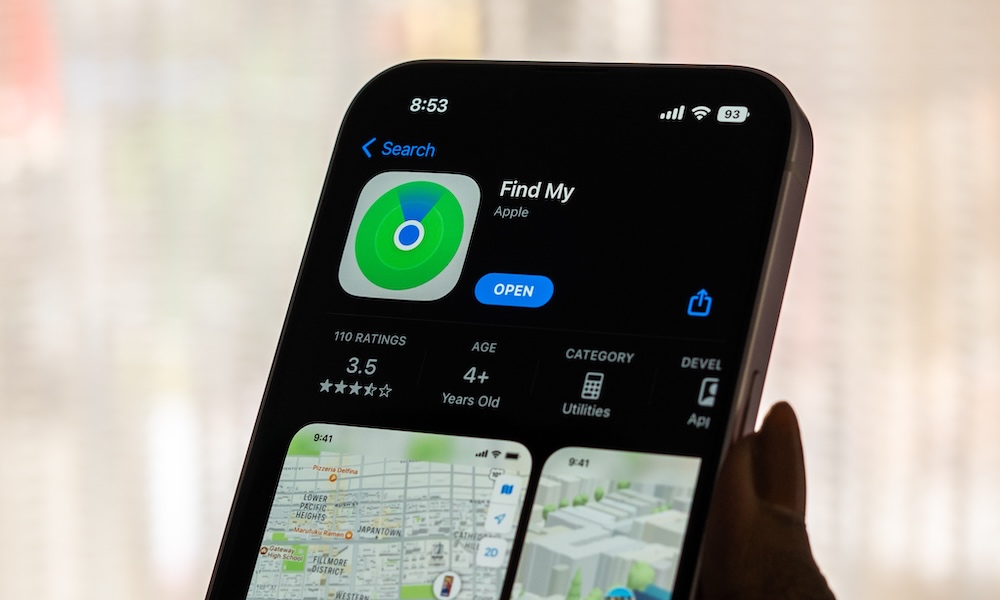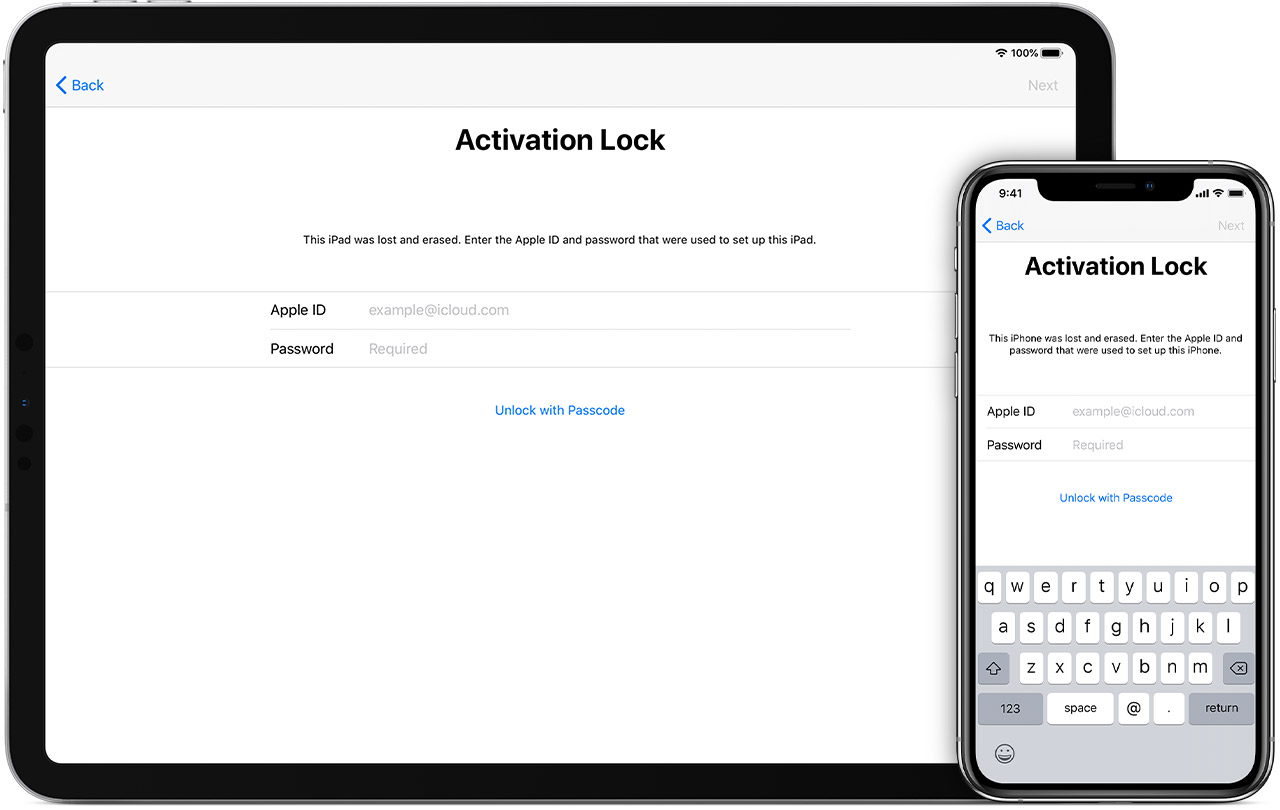UK Government Accuses Apple of Profiting from Stolen iPhones
 Tommaso79
Tommaso79
Toggle Dark Mode
Earlier this week, UK Members of Parliament and the Metropolitan Police held a hearing during which they accused Apple and Google of profiting from stolen smartphones and not doing enough to prevent the thefts to begin with.
According to Newsweek, smartphone theft in London spiked 25% from 2023 to 2024. Police tallied 80,000 stolen phones in London alone in 2024. Wow!
Police estimate as much as £50 million is generated annually by selling these stolen devices on the black market in places like Algeria, China, and Hong Kong. Although the phones themselves may be sold abroad, the proceeds generated are funding organized crime within the UK.
The Metropolitan Police want Apple and Google to prevent stolen smartphones from utilizing either company’s cloud storage, a move they believe will devalue the phones and curb theft. The Met believes the same International Mobile Equipment Identity number (IMEI — a 15-digit serial number assigned to every mobile device) used to track the phones after the theft can be used to block the phone’s access to any cloud services.
Gary Davis, Apple’s global senior director for privacy and law enforcement requests, took a grilling at the hearing. In response to the proposed IMEI lock, Davis cautioned such a move could create other fraud vectors for smartphone users. Davis said:
We see extensive fraud attempts. Every month, over 1,000 people try to imitate you, me, other people here to seek data from us and to delete your accounts. They do it for malicious purposes. They do it in order to then maybe blackmail you. We see these attack vectors on an ongoing basis…
Committee members accused Apple and Google of dragging their feet as well as profiting from the thefts claiming Apple and Google benefit from paid services used on stolen phones in addition to new phone sales to the victim. Davis wasn’t having it. He said in response: “I think it’s a little unfair. It is necessary for me to refute the suggestion that we somehow benefit from our users suffering the traumatic event of having their phones stolen and being disconnected from their lives. We have invested many hundreds of millions in designing in protections.”
Apple and Google have protections in place via Apple’s Find My and Android’s Find My Device apps whereby the victim can locate and remotely wipe their smartphones to protect their data. Apple’s Activation Lock, which is automatically enabled when Find My is turned on, also prevents a stolen iPhone from being reactivated, effectively turning it into a brick and rendering the larger question of blocking IMEI access to Apple’s cloud services irrelevant. With iPhone 15 and later models, even the parts are Activation Locked.
Nevertheless, representatives from both companies did seem a bit evasive when it came to the ultimate question of using the IMEI number to restrict the provisioning of services to a stolen phone.
But is the solution as simple as the parliament members and Met Police say? Not according to Simon Westgrove, Google’s software engineering manager. At the hearing Westgrove seems to suggest an IMEI block would require broader industry cooperation, stating: “The IMEI is actually the identifier for the business relationship that the carrier has with the victim of theft. The IMEI represents that relationship. Our relationship with the user is through the Google account.”
For now, the Metropolitan Police are left with fast e-bikes to catch smartphone thieves. Since about 80% of the stolen phones in London are iPhones, it makes sense Apple is in the crosshairs. Is there a commercial incentive for both Apple and Google to not take the action requested at the hearing? Certainly some. If there’s a way we can prevent stolen smartphones from being reused in any form, it certainly makes sense to me. So, what’s the holdup?









